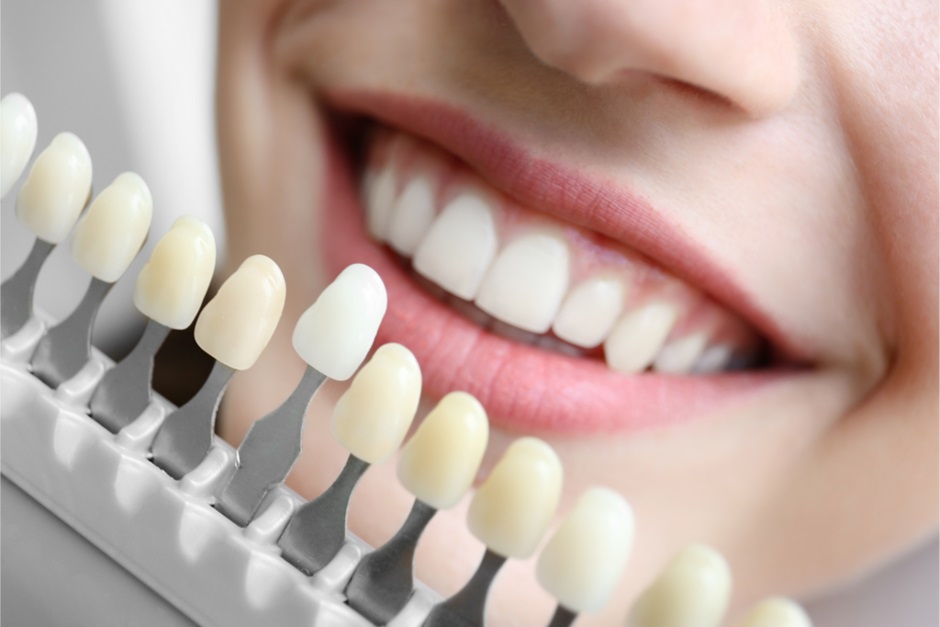
Unlocking the Secrets to a Healthy Smile: Essential Oral Care Dental Services
Maintaining a healthy smile goes beyond brushing and flossing; it involves a comprehensive approach to oral care that includes regular check-ups, preventive treatments, and specialized services. Understanding the range of dental services available can help you make informed decisions about your oral health. This article explores essential oral care dental services, with a focus on cosmetic dentistry services and emergency dental care.
Preventive Care: The Foundation of Oral Health
Preventive care is the cornerstone of maintaining optimal oral health. Regular visits to the dentist play a crucial role in preventing dental issues before they become serious problems. These visits typically include:
- Routine Cleanings and Exams: Professional cleanings help remove plaque and tartar that regular brushing and flossing may miss. During these appointments, dentists also perform comprehensive examinations to detect early signs of dental issues such as cavities, gum disease, and oral cancer.
- X-Rays: Dental X-rays provide detailed images of the teeth, gums, and jawbone, allowing dentists to identify problems not visible to the naked eye. This diagnostic tool is essential for detecting issues like impacted teeth, bone loss, and hidden cavities.
- Fluoride Treatments: Fluoride strengthens tooth enamel, making it more resistant to decay. Professional fluoride treatments, typically applied during dental cleanings, are especially beneficial for children and individuals at higher risk of tooth decay.
Cosmetic Dentistry Services: Enhancing Aesthetics
Cosmetic dentistry services focus on improving the appearance of the teeth and smile. While these treatments are often considered elective, they can have a significant impact on a person’s confidence and self-esteem. Common cosmetic dentistry services include:
- Teeth Whitening: One of the most popular cosmetic treatments, teeth whitening procedures effectively remove stains and discoloration, resulting in a brighter, more radiant smile. Dentists offer both in-office treatments and take-home kits for convenience and effectiveness.
- Dental Veneers: Veneers are thin, custom-made shells placed over the front surface of teeth to correct imperfections such as discoloration, chips, and gaps. They provide a natural-looking enhancement and can dramatically improve the overall appearance of the smile.
- Bonding: Dental bonding involves applying a tooth-colored resin to correct minor imperfections, such as cracks, chips, or gaps. The material is sculpted to match the natural tooth and then hardened with a special light.
- Inlays and Onlays: These are used to restore teeth with extensive damage or decay. Inlays fit within the cusps of the tooth, while onlays cover one or more cusps. Both options offer durability and a natural appearance.
Emergency Dental Care: Addressing Urgent Issues
Dental emergencies can arise unexpectedly, and having access to timely emergency dental care is crucial for alleviating pain and preventing further damage. Common scenarios requiring emergency care include:
- Toothaches: Severe tooth pain can result from various issues such as infections, abscesses, or exposed nerves. Emergency dental care aims to diagnose the cause of the pain and provide relief, which may include medication, a root canal, or other treatments.
- Chipped or Broken Teeth: Accidents or trauma can cause teeth to chip or break. Immediate dental attention is necessary to assess the damage, manage pain, and repair the tooth. In some cases, dental bonding or crowns may be required to restore the tooth’s functionality and appearance.
- Knocked-Out Teeth: If a tooth is knocked out, it’s essential to seek emergency dental care Reimplantation is often possible if the tooth is preserved and handled correctly. The dentist will assess the tooth’s condition and determine the best course of action.
- Lost Fillings or Crowns: Losing a filling or crown can cause discomfort and increase the risk of further damage. Emergency care involves reattaching or replacing the lost restoration to protect the tooth and restore its function.
Conclusion
A healthy smile is a reflection of overall well-being and self-care. By prioritizing preventive care, exploring cosmetic dentistry services, and being prepared for dental emergencies, individuals can achieve and maintain optimal oral health. Regular dental visits and prompt attention to any issues are essential components of a comprehensive approach to oral care. Whether seeking to enhance the aesthetics of your smile or addressing urgent dental concerns, understanding and utilizing the full spectrum of dental services can make a significant difference in your dental health and quality of life.
















